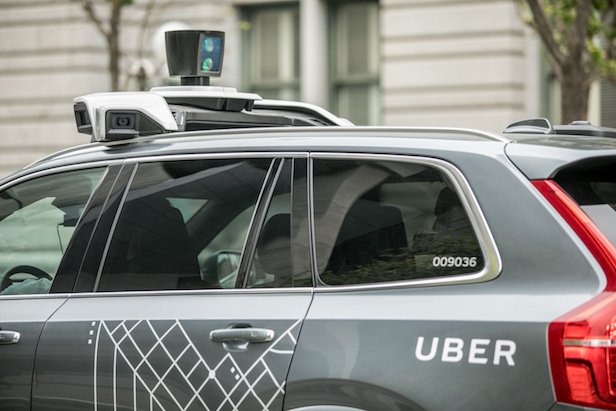
The public's feelings over driverless vehicles have largely been split, even despite little to no experience with automated motoring. Last month's fatal accident in Tempe, Arizona, added to the debate after a pedestrian was struck and killed by a self-driving Uber during a testing stage.
Recently, insuranceQuotes.com released the results of its study on the public's perception of autonomous vehicles. The researchers asked, ”If you ordered an Uber, and your ride arrived with no driver, would you get in?”
The study found that 61% of American adults would not ride in a self-driving rideshare, while 36% said they would. Delving deeper into these responses, the study results highlighted notable gender and generational differences in feelings towards autonomous Ubers, Lyfts or taxis.
|Millennials vs baby boomers
Unsurprisingly, the insuranceQuotes.com study found that millennials are more accepting of driverless vehicles and rideshares than older generations.
Recommended For You
Want to continue reading?
Become a Free PropertyCasualty360 Digital Reader
Your access to unlimited PropertyCasualty360 content isn’t changing.
Once you are an ALM digital member, you’ll receive:
- Breaking insurance news and analysis, on-site and via our newsletters and custom alerts
- Weekly Insurance Speak podcast featuring exclusive interviews with industry leaders
- Educational webcasts, white papers, and ebooks from industry thought leaders
- Critical converage of the employee benefits and financial advisory markets on our other ALM sites, BenefitsPRO and ThinkAdvisor
Already have an account? Sign In Now
© 2025 ALM Global, LLC, All Rights Reserved. Request academic re-use from www.copyright.com. All other uses, submit a request to [email protected]. For more information visit Asset & Logo Licensing.








